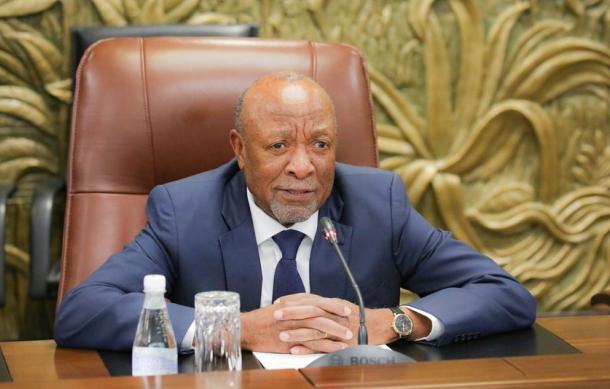
President Nangolo Mbumba says N$482 million more is needed for Namibia's Drought Relief Programme.
Owing to this shortfall, he appealed for assistance from SADC and bilateral and international stakeholders.
Dr. Mbumba addressed the SADC extraordinary summit, which was convened virtually on Monday to discuss the El Niño-induced drought and floods in member states.
Namibia's drought relief programme is estimated to cost about N$1.3 billion, and so far, the government has allocated funding of N$825 million.
It is against this background that President Mbumba says Namibia is appealing for assistance from SADC and other bilateral and international stakeholders to augment the shortfall of about N$482 million.
Namibia is not just battling food insecurity. Water scarcity is another issue that is further threatened by low dam levels, particularly in the central areas.
With heavy reliance on hydroelectric power imports from Zambia, with major facilities like the Kariba Dam and Kafue Gorge providing a substantial portion.
President Mbumba is concerned about the reduction in water levels at dams in neighbouring Zambia and Angola, saying that this has a negative impact on the power supply arrangements in Namibia.
He flagged that the impact of the current El-Nino situation has resulted in the reduction of Namibia's energy imports from Zambia by 60 megawatts, dropping from 180 megawatts to 120 megawatts.
The Head of State says the energy strain thus calls for SADC member states to collectively diversify energy sources at the national level and at the regional level through the Southern Africa Power Pool.
Namibia, through its Green Hydrogen programme, is leveraging other alternative sources of power generation, such as wind and solar.
President Mbumba revealed that the Namibia Green Hydrogen Programme recently signed a memorandum of understanding with the Western Cape Development Agency, the Northern Cape Economic Development, Trade, and Investment Promotion Agency, and Gasunie, the Netherlands' leading hydrogen backbone developer.
The agreement paves the way for a feasibility study on building Africa's first cross-country green hydrogen pipeline, connecting Namibia and South Africa.
President Mbumba says the success of this collaboration will inform the opportunity to complement energy inputs under the Southern African Power Pool.





